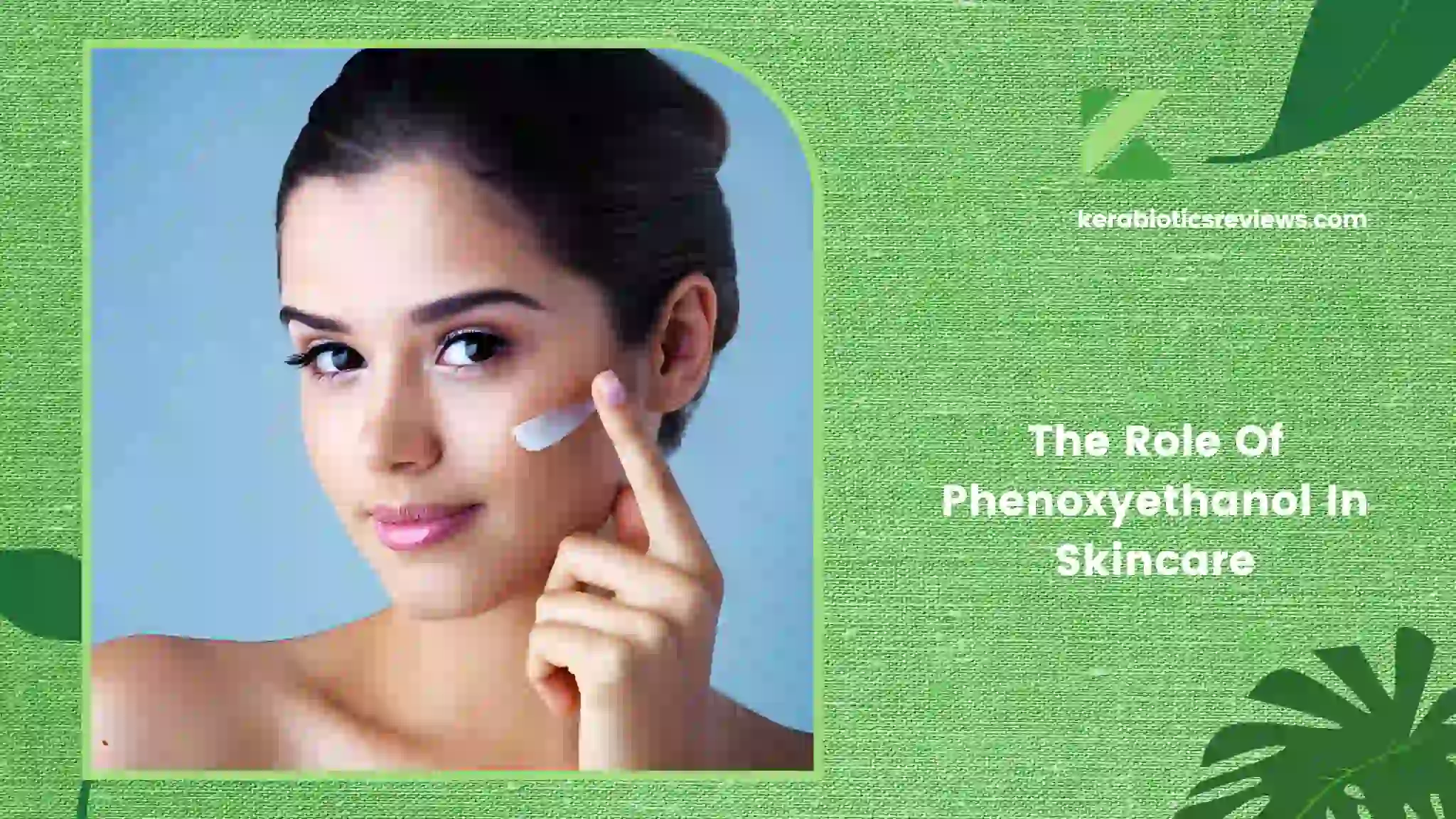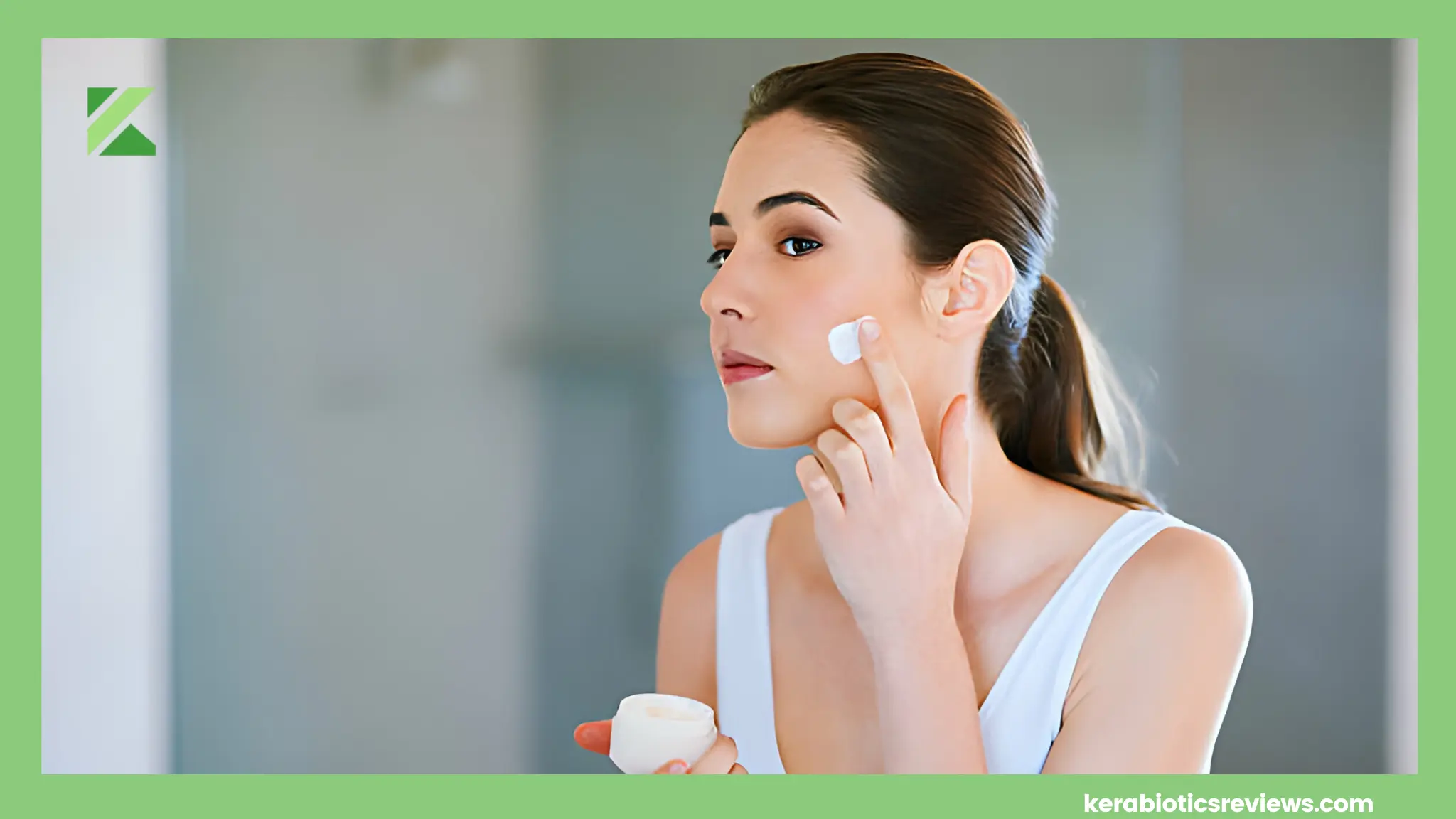The Role Of Phenoxyethanol In Skincare: Everything You Need To Know
Unlock the potential of Phenoxyethanol in skincare with our comprehensive guide. Explore its benefits, safety profile, and expert usage tips for radiant, healthy skin.

Disclaimer: This article has been generated with the assistance of AI tools. While our research team has fact-checked the content, readers should independently verify information for accuracy and reliability.
From moisturizers to makeup, many of today’s most popular skincare and cosmetic products contain the preservative phenoxyethanol. This synthetic ingredient helps prevent bacteria, yeast, and mold growth that can degrade product quality and shelf life. However, phenoxyethanol has also been the subject of controversy regarding its potential health impacts. While some studies have raised concerns about a possible link to cancer, most experts conclude phenoxyethanol poses little risk when used as intended in rinse-off personal care formulations.
This comprehensive guide examines the role of phenoxyethanol in skincare products, exploring its antimicrobial benefits, acne-fighting potential, safety assessments by governing bodies, any potential side effects, and tips for proper usage.
Phenoxyethanol In Skin Care Benefits

One of the primary benefits of phenoxyethanol in skincare products is that it acts as a preservative. Preservatives help to prevent the growth of harmful microbes like bacteria and fungi that could otherwise contaminate products.
By extending the shelf life and preventing microbial overgrowth, phenoxyethanol helps ensure skin care products remain safe, stable, and effective to use over time. It is particularly useful for water-based formulas that would otherwise be prone to microbial contamination.
In addition to its preservative benefits, phenoxyethanol can also condition and soften skin when used in cosmetic concentrations. Its mild, non-irritating nature makes it suitable for use on all skin types, including sensitive skin.
Phenoxyethanol In Skin Care For Acne
For those with acne-prone skin, phenoxyethanol can be beneficial in skin care products. As a preservative, it helps prevent bacterial contamination and overgrowth that could potentially exacerbate inflamed acne lesions.
However, it’s important to note that phenoxyethanol itself does not actively treat or prevent acne. It simply helps keep anti-acne skin care products free of harmful microbes that could undermine their efficacy.
How To Use Phenoxyethanol In Skincare?
As a consumer, you don’t need to go out of your way to use phenoxyethanol – it’s already included as an ingredient in many skincare and personal care products for its preservative benefits.
If you check ingredient labels, you’ll likely see phenoxyethanol listed in moisturizers, cleansers, toners, makeup products, and more. It’s a very commonly used preservative in both mass market and natural/organic product lines.
The maximum allowance concentration of phenoxyethanol in cosmetics is usually around 1%. At these levels, it’s extremely rare for phenoxyethanol to cause any adverse reactions when products are used as intended.
Does phenoxyethanol Cause Cancer?
One concern that sometimes arises about phenoxyethanol is whether it could potentially cause cancer. However, trusted health authorities like the FDA and CIR (Cosmetic Ingredient Review) have evaluated phenoxyethanol and found no credible link to cancer risk.
Numerous scientific studies have concluded that phenoxyethanol does not have carcinogenic, mutagenic, or reproductive/developmental toxicity effects at levels used in personal care products. It is deemed safe to use in cosmetic formulations as a preservative.
Phenoxyethanol In Skin Care – Safe?
So is phenoxyethanol safe for use on skin and in skin care products? According to most assessments by regulatory bodies and health organizations – yes, when used as intended.
Phenoxyethanol meets the criteria of being a safe, non-toxic preservative option for personal care items applied topically. It has strong safety data behind it, making it preferable over some other more controversial preservatives.
That said, some individuals can be allergic or have a sensitive reaction to phenoxyethanol, especially at higher concentrations. If you experience redness, rashes, or irritation from a product containing it, discontinue use.
Phenoxyethanol Side Effects For Skin
In the majority of cases, phenoxyethanol in skin care products causes no adverse effects or reactions. However, some potential side effects to be aware of include:
- Skin irritation/rashes
- Contact dermatitis
- Allergic reactions in sensitive individuals
These side effects tend to be more likely at concentrations above 1% phenoxyethanol, or with repeated, long-term exposure. Using products as directed and rinsing off helps minimize risk.
Conclusion
While the safety of phenoxyethanol has been debated, the weight of current scientific evidence indicates it can be used without significant risk when following guidelines for cosmetic products. For most consumers, the preservative benefits outweigh any minor potential downsides. With proper formulation and usage, phenoxyethanol helps provide safe, long-lasting skincare and personal care items.
Luna Rey
Dr. Luna Rey is a renowned dermatologist renowned for her expertise in diagnosing and treating a vast array of skin conditions. From common ailments such as acne and eczema to complex diseases like psoriasis and skin cancer, her proficiency spans the entire spectrum. Beyond her clinical practice, Dr. Rey’s passion for writing has led her to contribute extensively to leading medical journals. Her articles on dermatology topics are widely acclaimed for their clarity, concision, and accessibility. With a writing style that seamlessly blends scientific rigor with lucid explanations, she has garnered a broad readership, making her work a valuable resource for both professionals and the general public alike.
